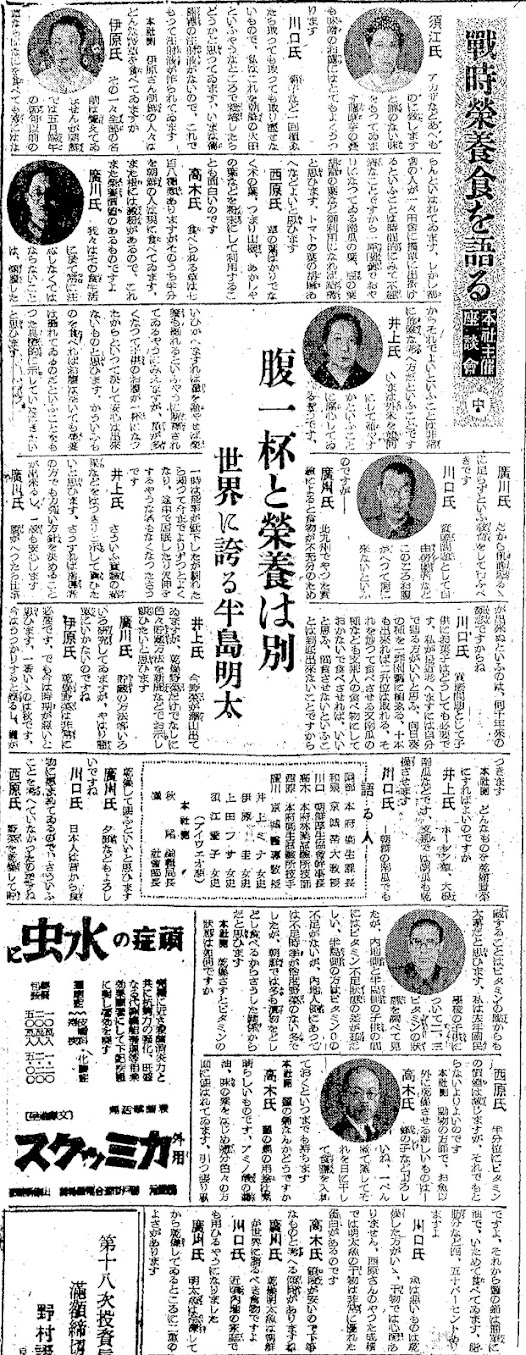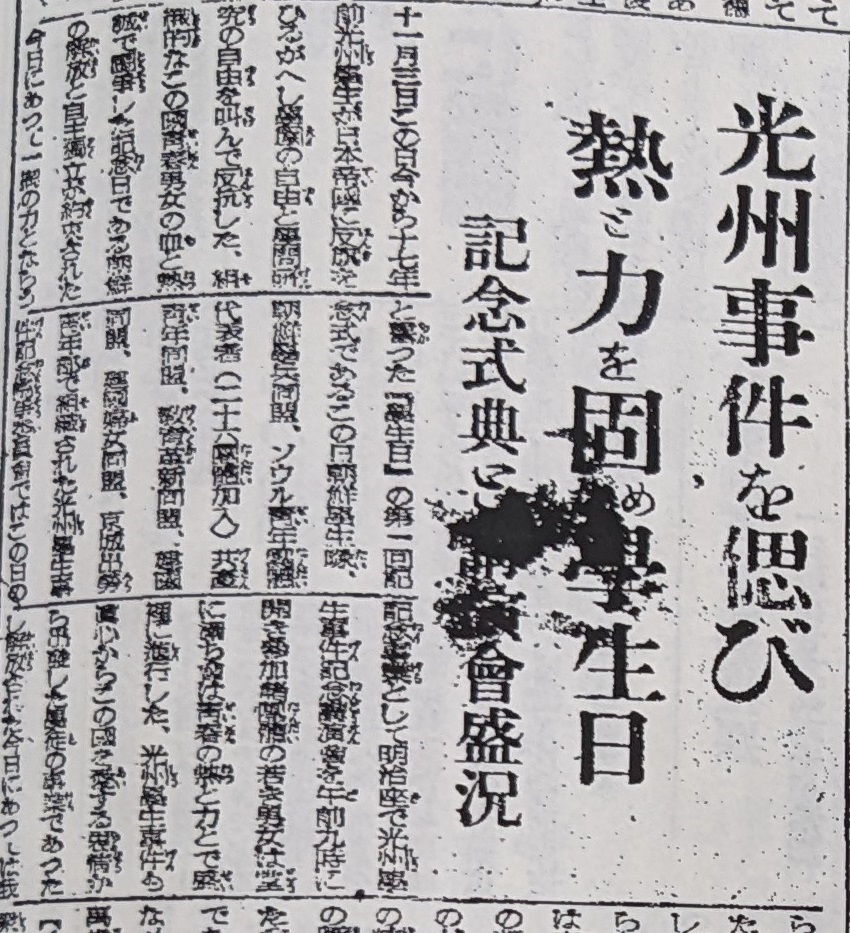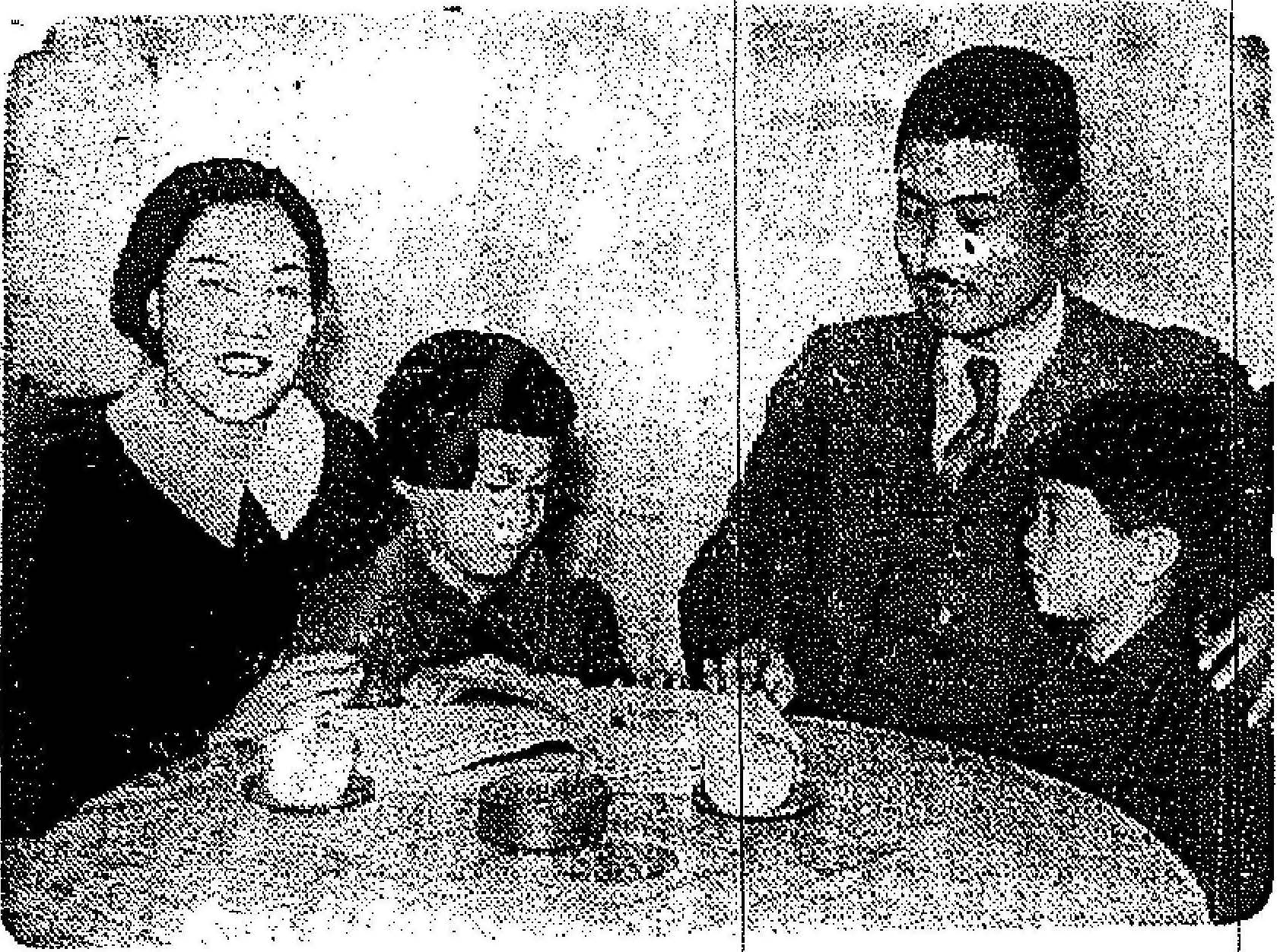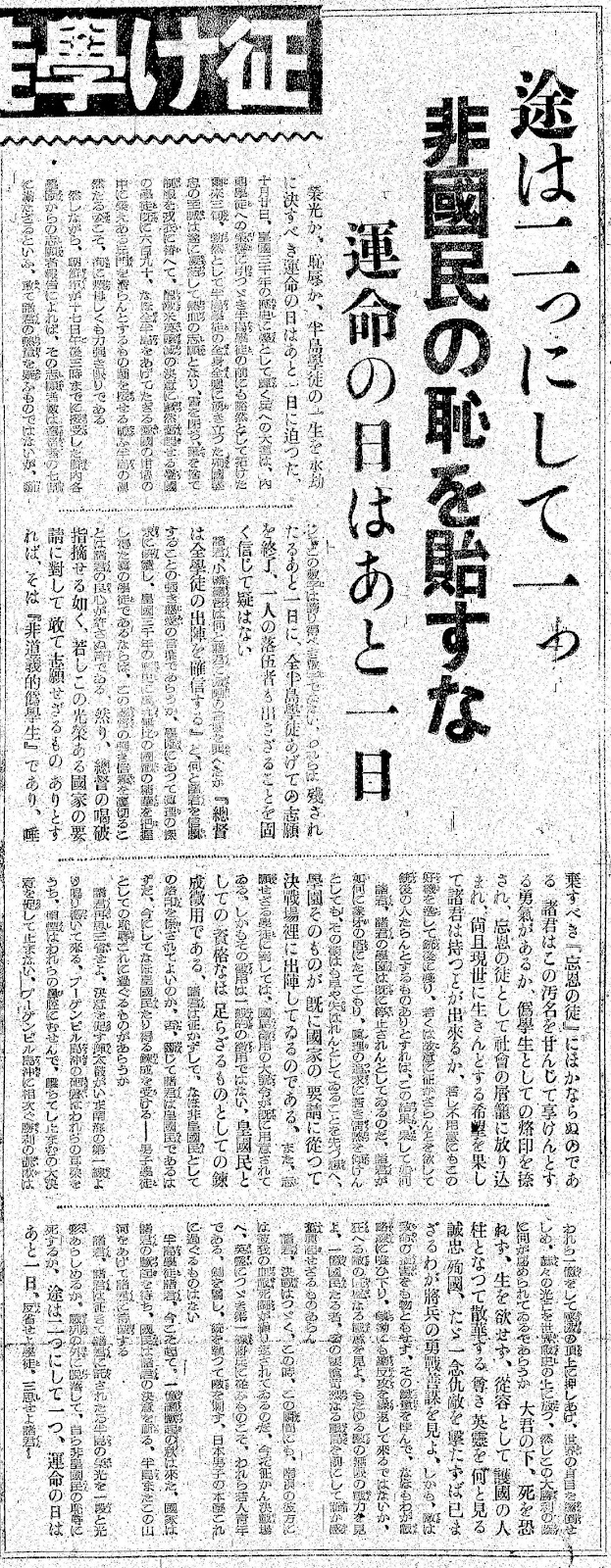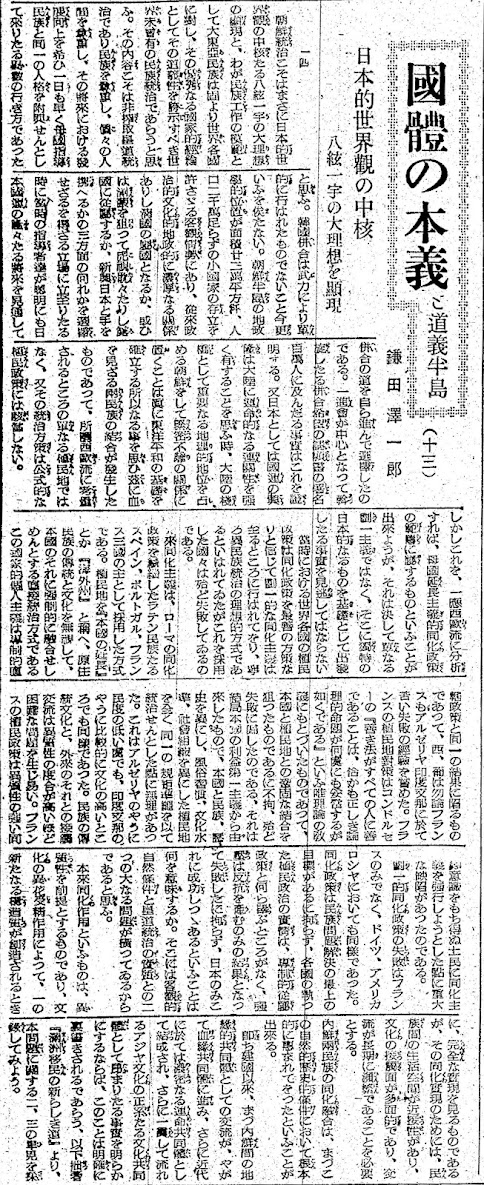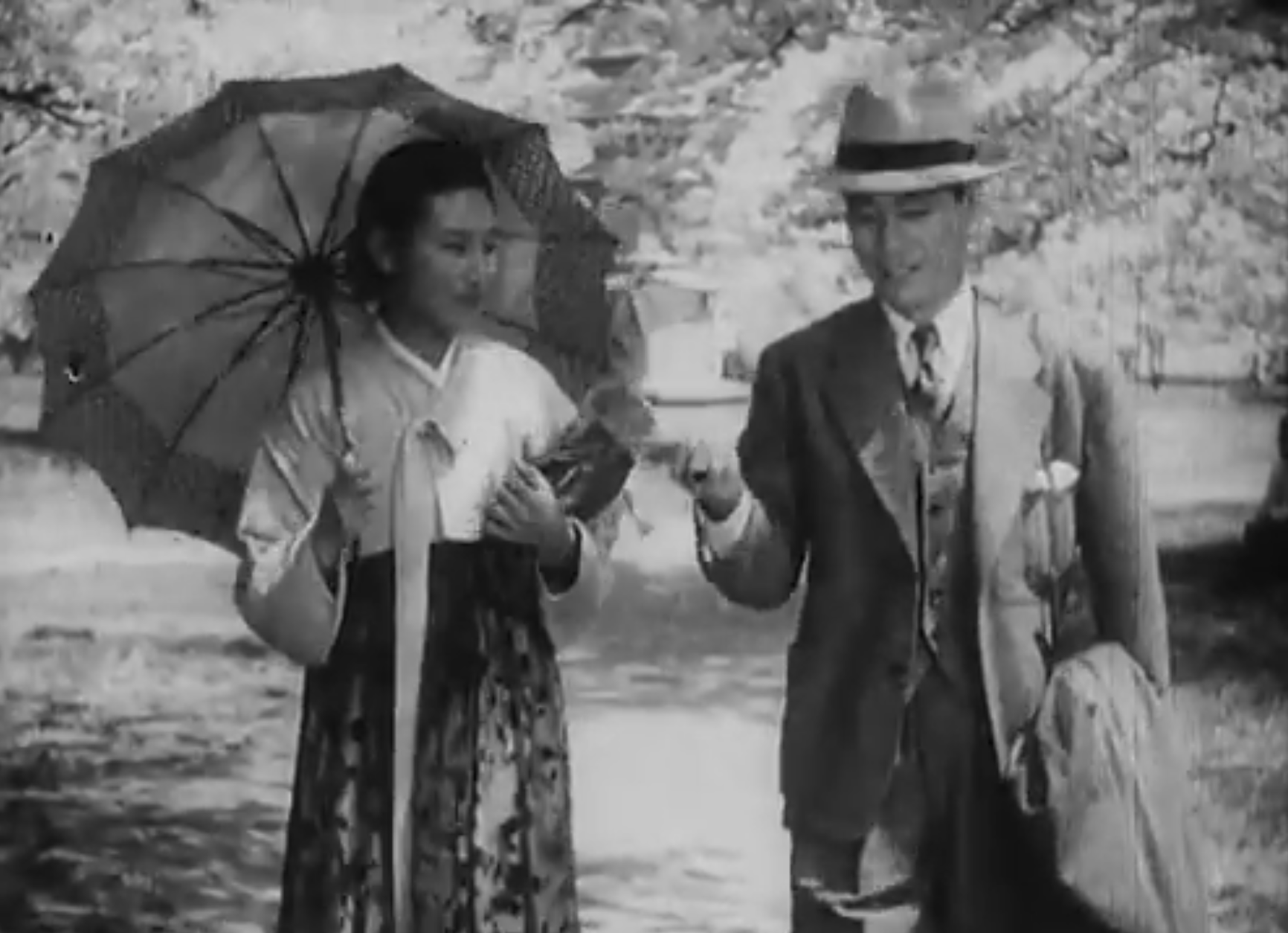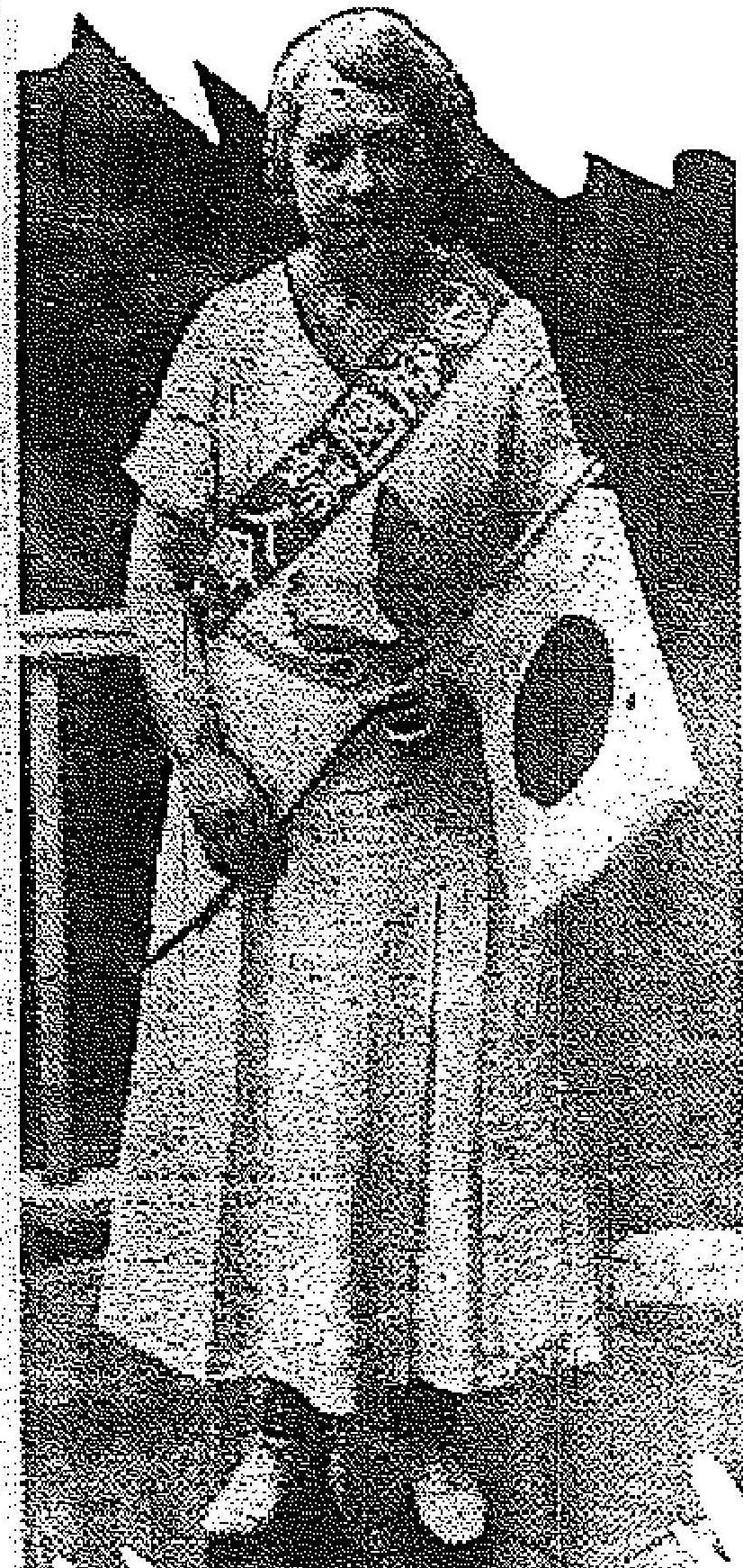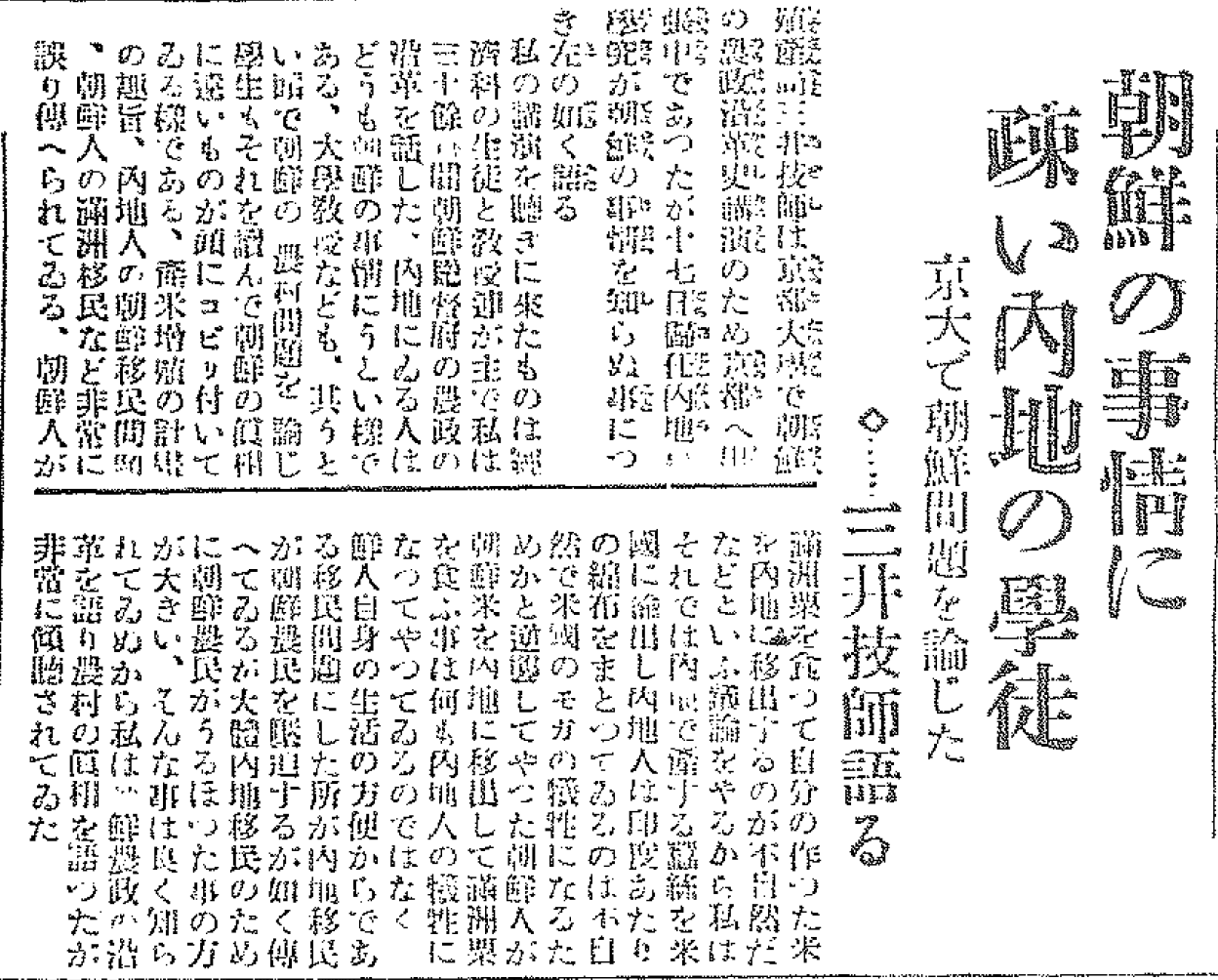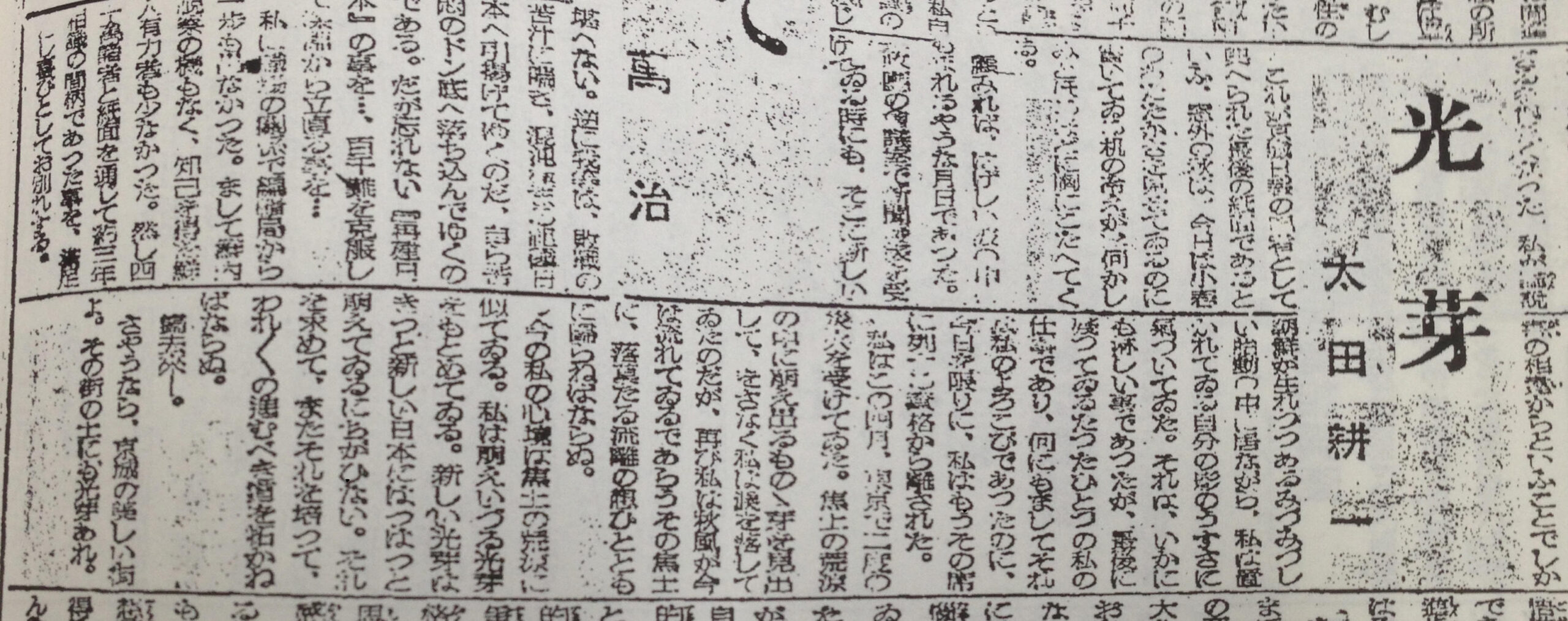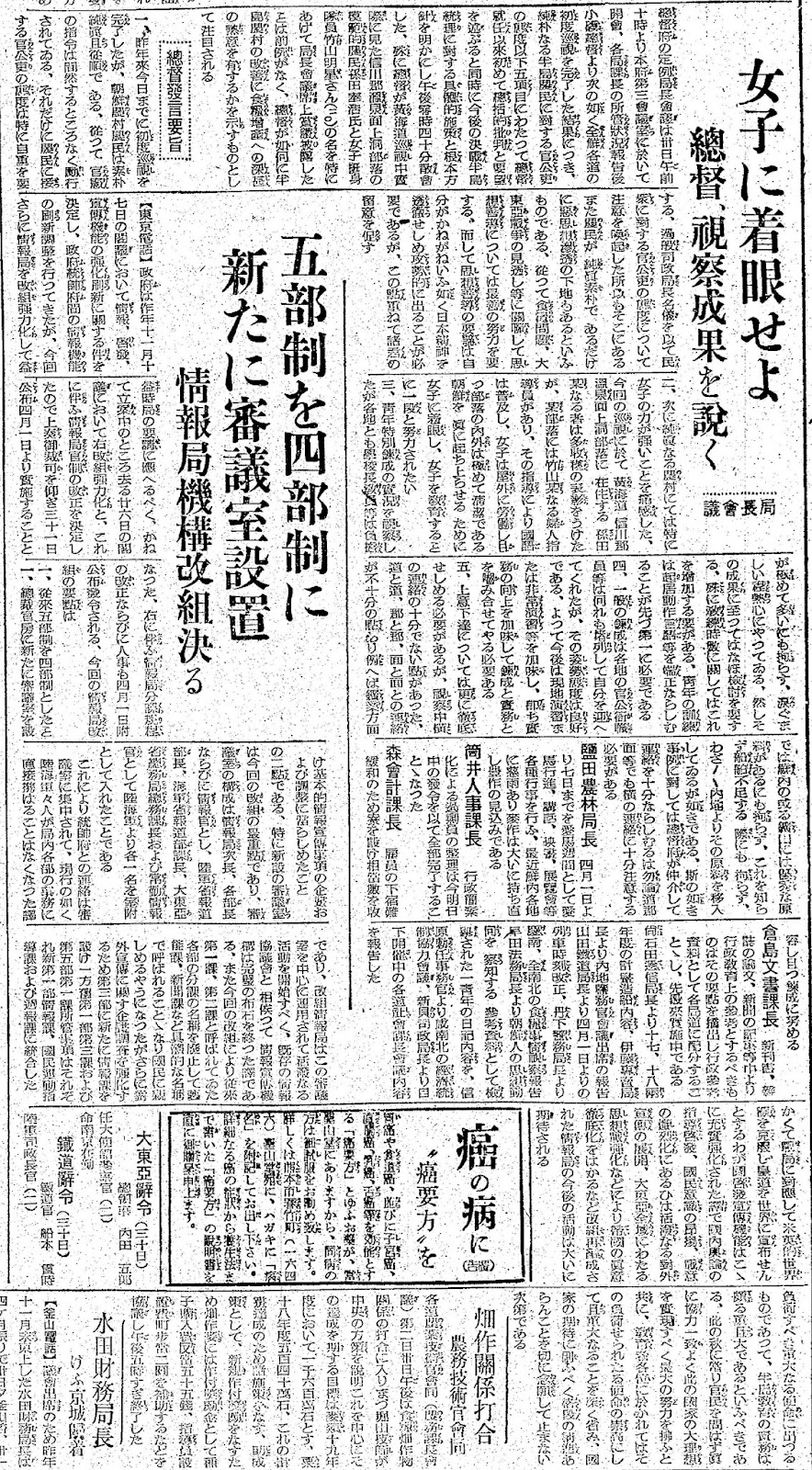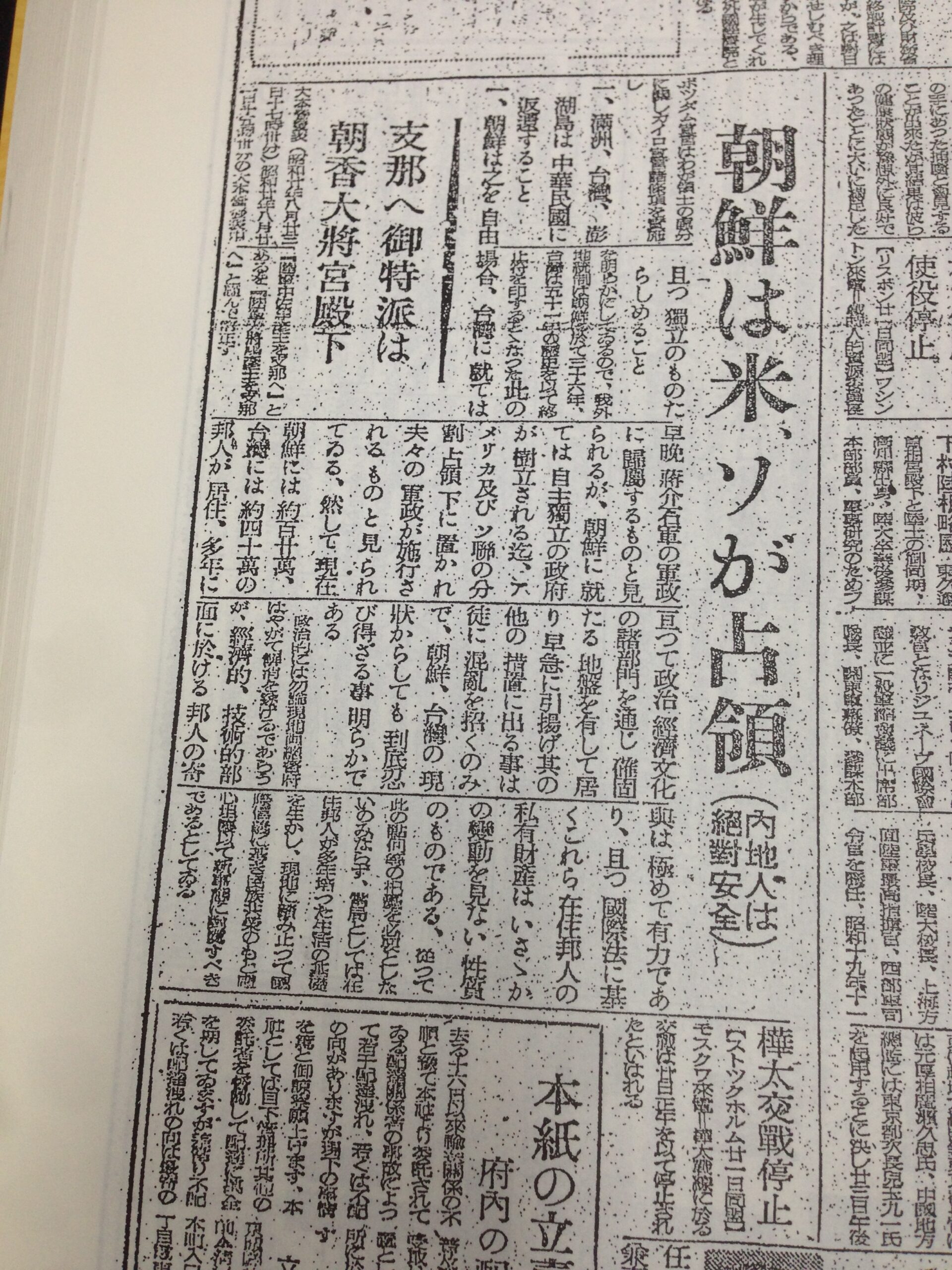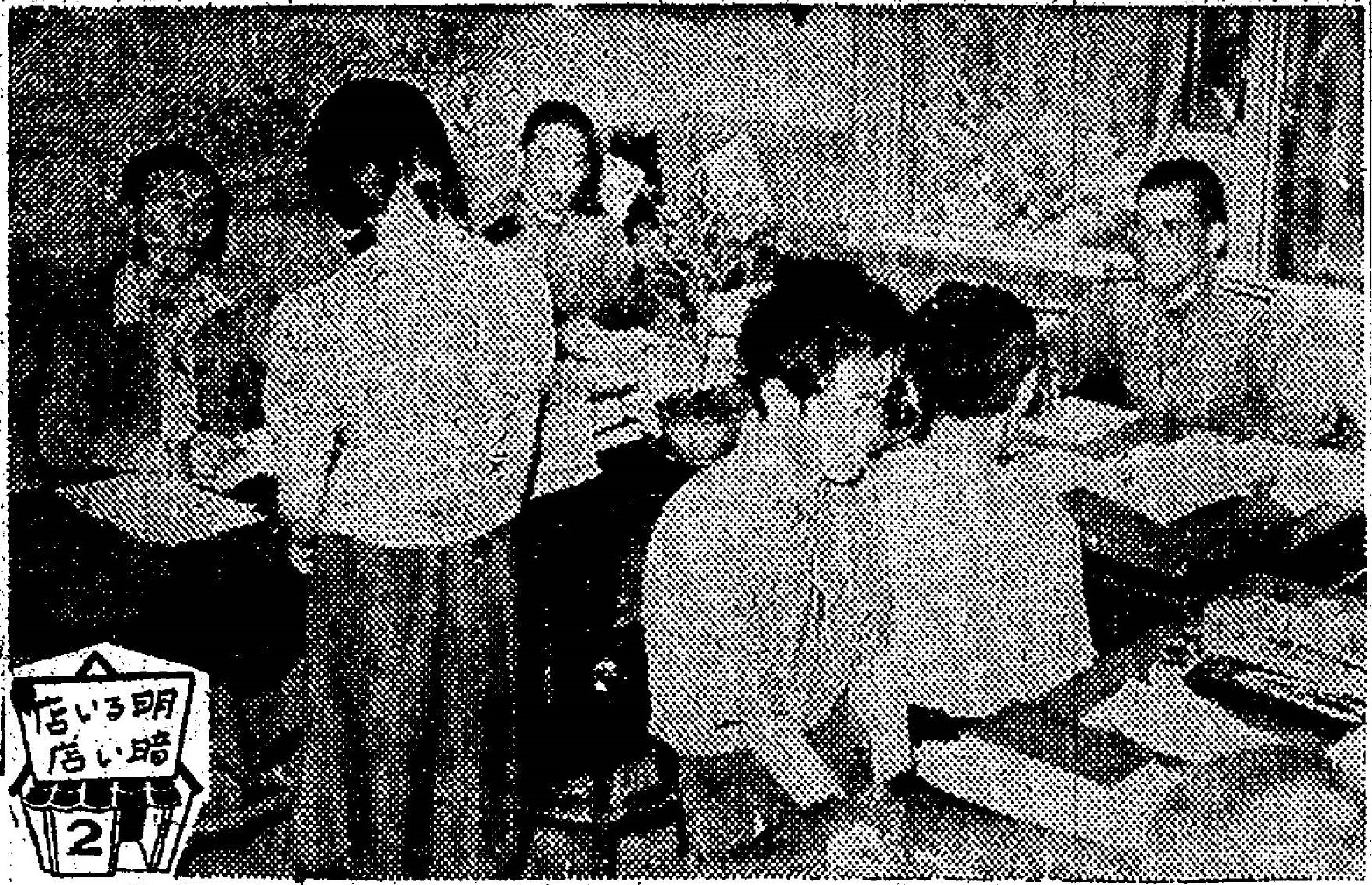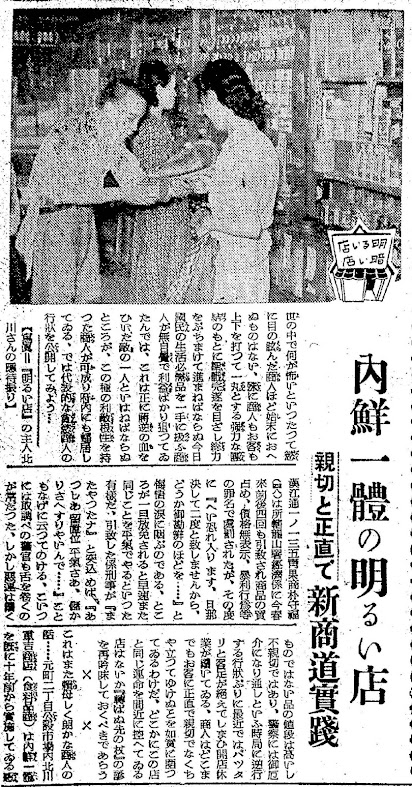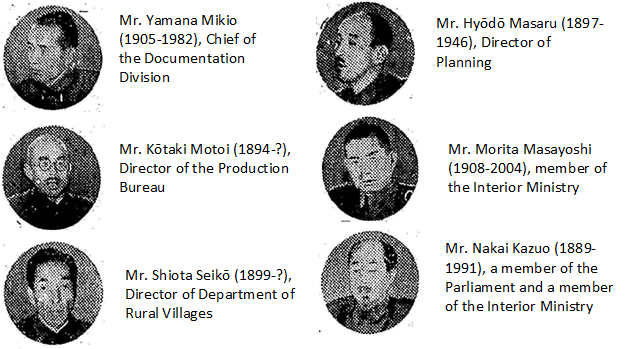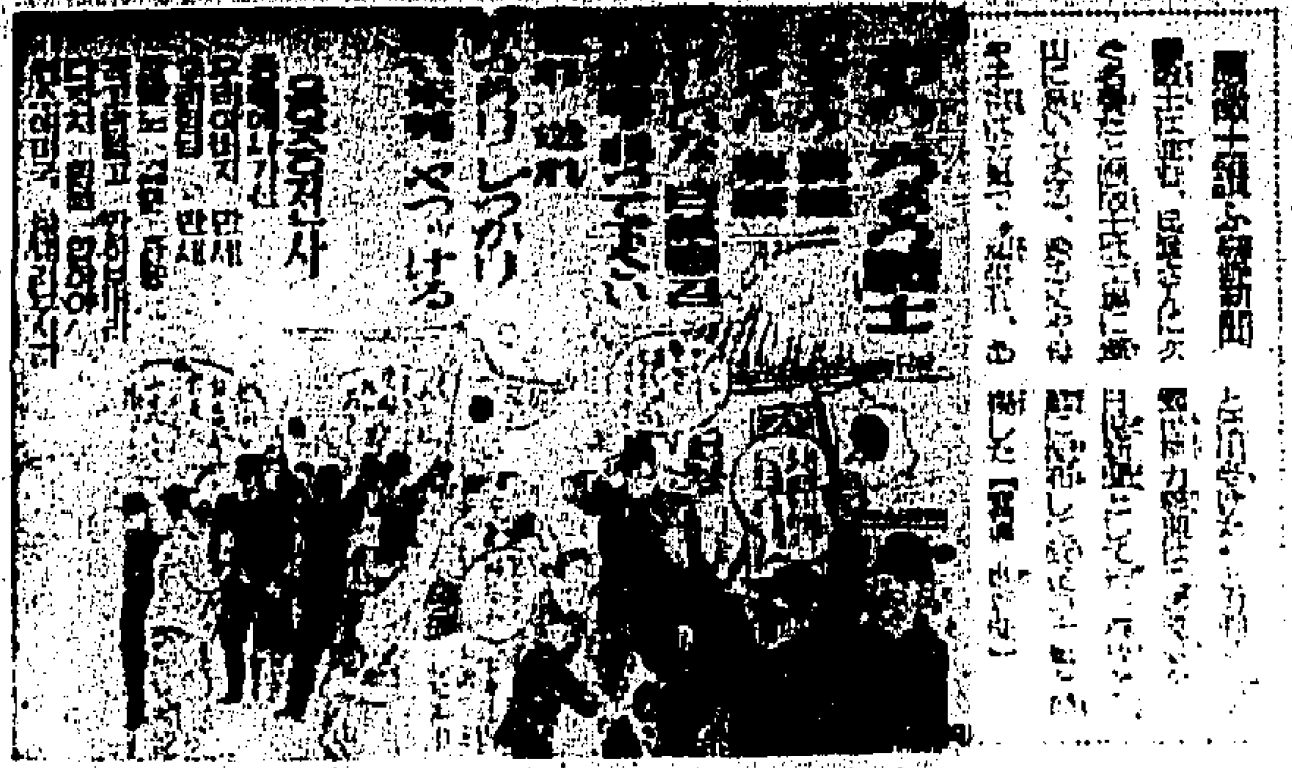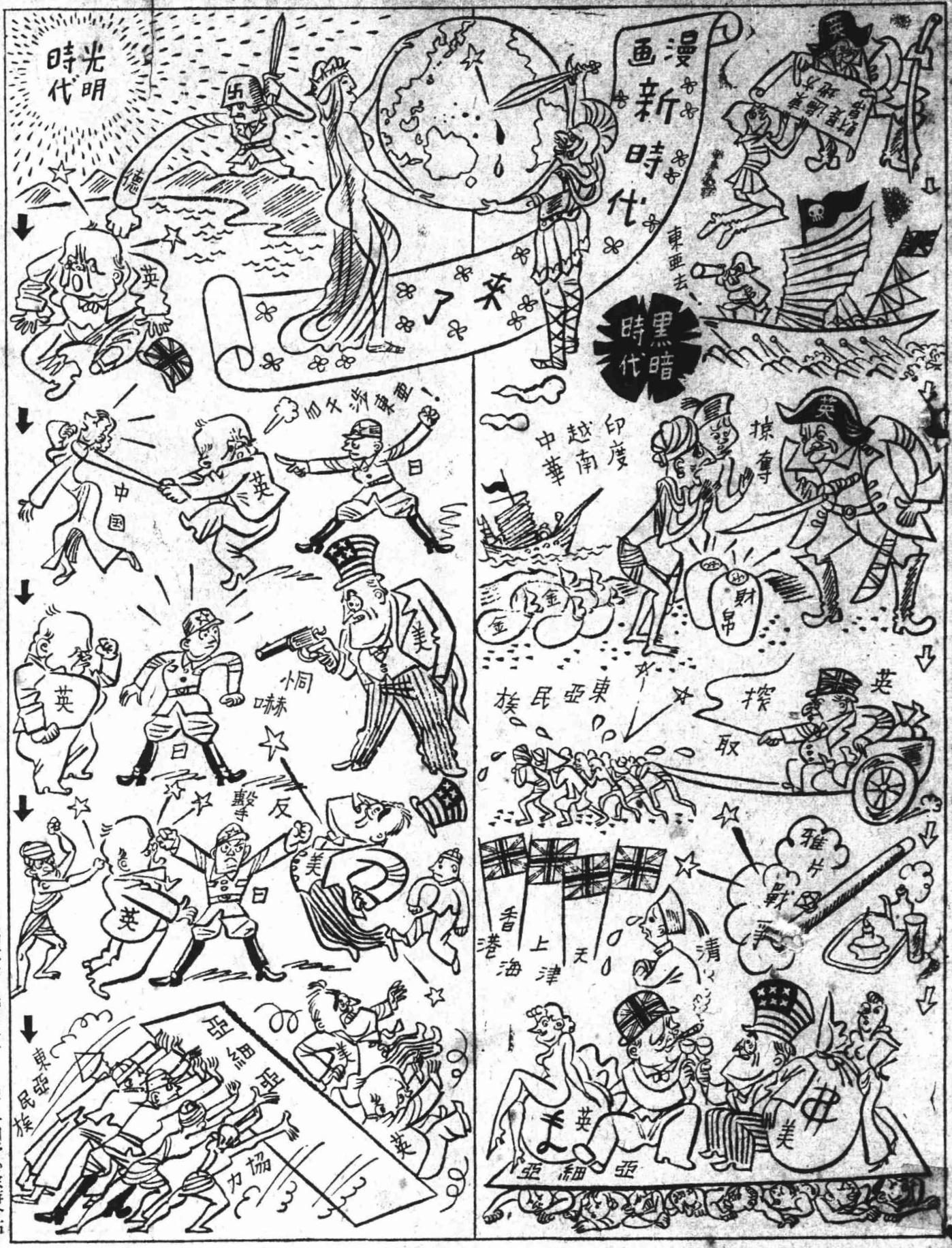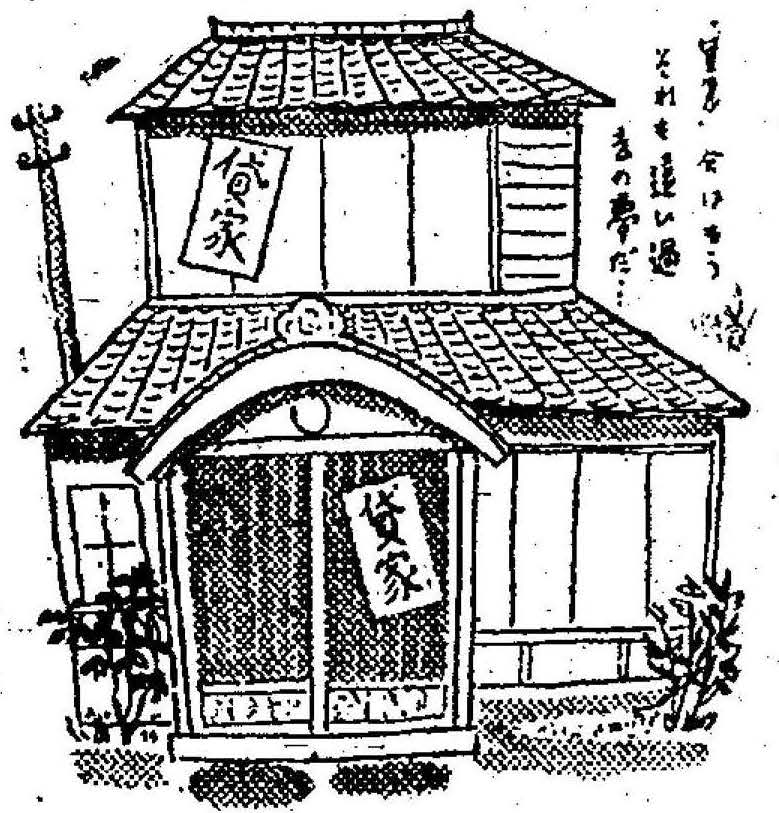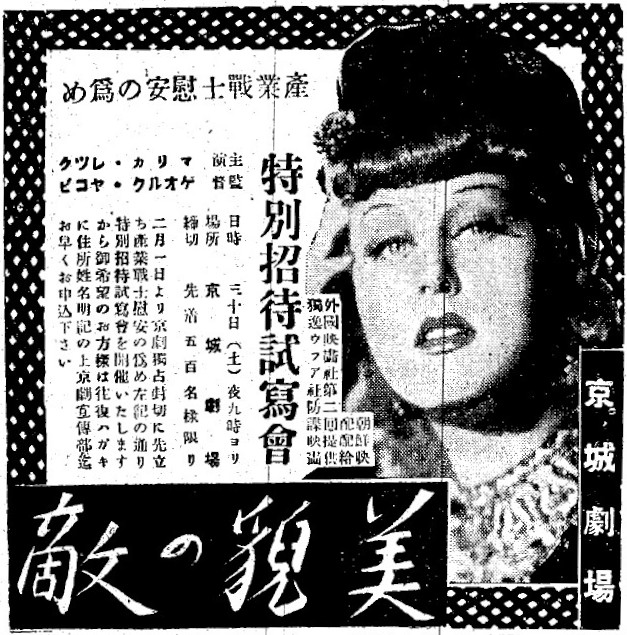
In January 1943, Hollywood films were banned in Korea, but 2 French films and 6 German films were showing in Seoul movie theaters: only ‘working women’ could watch Wunschkonzert, a Nazi propaganda drama, and only ‘industrial warriors’ could watch Kora Terry, a German spy thriller
2023-01-20
375
986
In January 1943, exactly eighty years ago, Imperial Japan was at war, but some Seoul residents still had time to enjoy some of the simple things in life, like going to the movies. To explore what kinds of foreign movies Seoul residents might have watched during this time, I browsed through the January 1943 Keijo Nippo newspapers for any movie ads for foreign films that were showing at movie theaters in Seoul. I identified the movies based on clues left in the ads, like the plot lines and the names of the directors and actors. Unsurprisingly, there were no American or British films, but I did find an eclectic selection of two French movies and six German movies:
French movies:
- L’homme à l’Hispano (1933)
- Ma soeur de lait (1938)
- Ein Lied geht um die Welt (1933)
- Rakoczy-Marsch (1933)
- Ihr größter Erfolg (1934)
- Königswalzer (1935)
- Kora Terry (1940)
- Wunschkonzert (1940)
Some of these movies are available to watch online in clips or, in some cases, in their entirety on Youtube or Internet Archive, so I will share links below along with the movie ads. I linked to resources on Wikipedia and the Internet Movie Database wherever I could.
L’homme à l’Hispano (1933) was a French comedy starring Marie Bell (pictured in the ad) and Jean Murat, whose names are printed on the ad. This film was made into a double feature, where you had to sit in for the domestic Imperial Japanese film (闘ふ男) if you wanted to watch the foreign film. The film only showed from January 11th to the 13th. The full movie is available on the Internet Archive here.
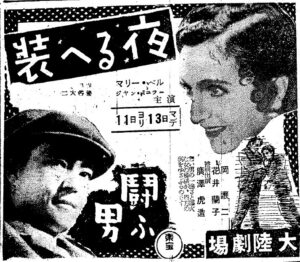
Ma soeur de lait (1938) was a French comedy starring Meg Lemonnier (pictured in this ad) and Henri Garat, and directed by Jean Boyer, whose names are printed on the ad. This was also shown as a double feature with a domestic Imperial Japanese film (心は偽らず), and for only three days: January 11th, 12th, and 13th.
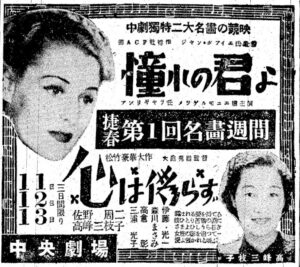
Ein Lied geht um die Welt (1933) was a German musical starring Charlotte Ander (pictured in the ad) and Joseph Schmidt, whose names are printed on this ad. Interestingly, although this film premiered during the Third Reich, it was subsequently banned in Nazi Germany in 1937. But apparently, it was still allowed to be shown in Imperial Japan. This was also shown as a double feature with a domestic Imperial Japanese film (海の見える家), and for only three days: January 22th, 23th, and 24th.
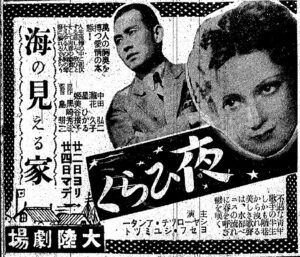
Rakoczy-Marsch (1933) starred Gustav Fröhlich, Leopold Kramer, Camilla Horn, and Paul Wagner whose names are all printed on this ad. This was also shown as a double feature with a domestic Imperial Japanese film (愛国の花), and for only five days from January 27th.
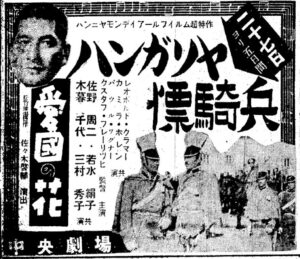
Ihr größter Erfolg (1934) was a film starring Marta Eggerth, pictured and named in this ad. This was also shown as a double feature with a domestic Imperial Japanese film (愛国の花), and only on January 27th. A clip is available on YouTube here.
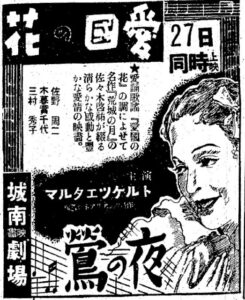
Königswalzer (1935) was a German musical starring Carola Höhn, who is pictured and named in this ad. Although the original 1935 film cannot be found online, clips of the 1955 remake can be found on YouTube. This was also shown as a double feature with a domestic Imperial Japanese film (君を呼ぶ歌), and only on January 24th, 25th, and the 26th.
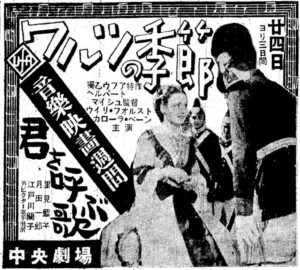
Kora Terry (1940) was a spy thriller starring Marika Rökk (pictured in these ads) and directed by Georg Jacoby, whose names are printed on this ad. This movie required a special invitation to watch, with movie seats preferentially going to “industrial warriors”. There was a preview screening of the movie at 9 pm January 30th, and then the movie premiered in Seoul on February 1st. Unlike most of the other foreign films, this one was not paired with a domestic Imperial Japanese film. Two German brochures for this movie are available on the Internet Archive here and here.
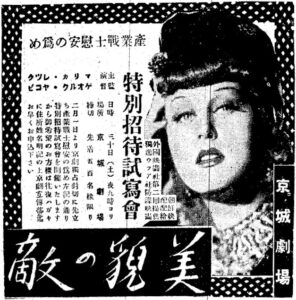
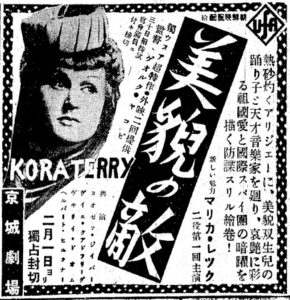
Wunschkonzert (1940) was a German drama propaganda film starring Ilse Werner, who is prominently featured on the ads. This movie was apparently heavily promoted in Keijo Nippo, since its ads come up the most frequently among the foreign films advertised on Keijo Nippo. This movie required a special invitation to watch, with movie seats preferentially going to “working women” with “no men allowed”. There was a preview screening of the movie at 9:10 pm January 15th, and then the movie premiered in Seoul on January 18th, playing until January 24th. Unlike most of the other foreign films, this one was not paired with a domestic Imperial Japanese film. The German brochure for this movie is available on the Internet Archive here. The full movie (no subtitles) is available on the Internet Archive here. A clip of one of the songs is available on YouTube here.
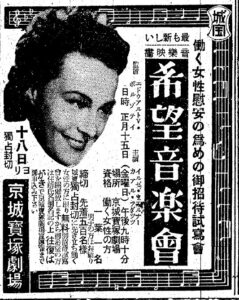
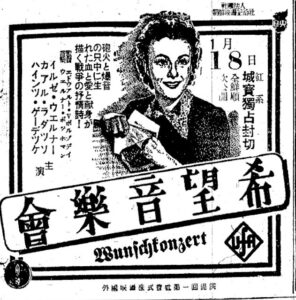
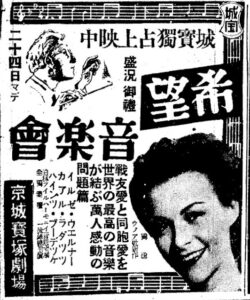
Source 1: https://www.archive.org/details/kjnp-1943-01-10
Source 2: https://www.archive.org/details/kjnp-1943-01-11
Source 3: https://www.archive.org/details/kjnp-1943-01-17
Source 4: https://www.archive.org/details/kjnp-1943-01-20
Source 5: https://www.archive.org/details/kjnp-1943-01-22
Source 6: https://www.archive.org/details/kjnp-1943-01-24
Source 7: https://www.archive.org/details/kjnp-1943-01-27
